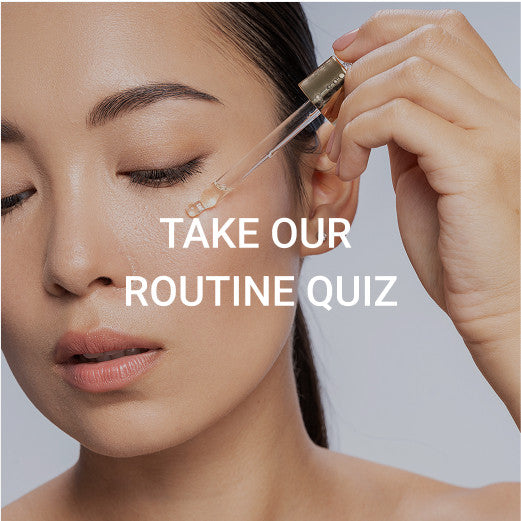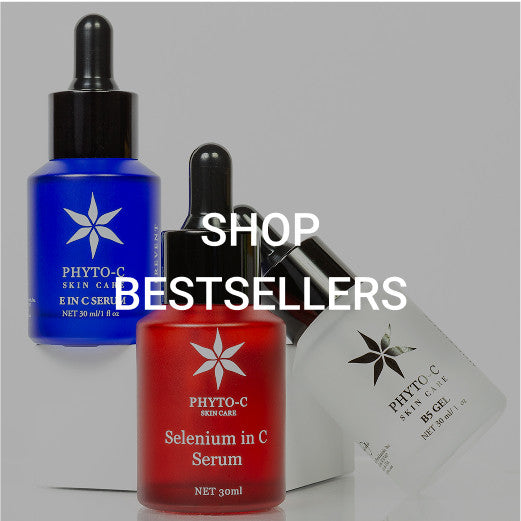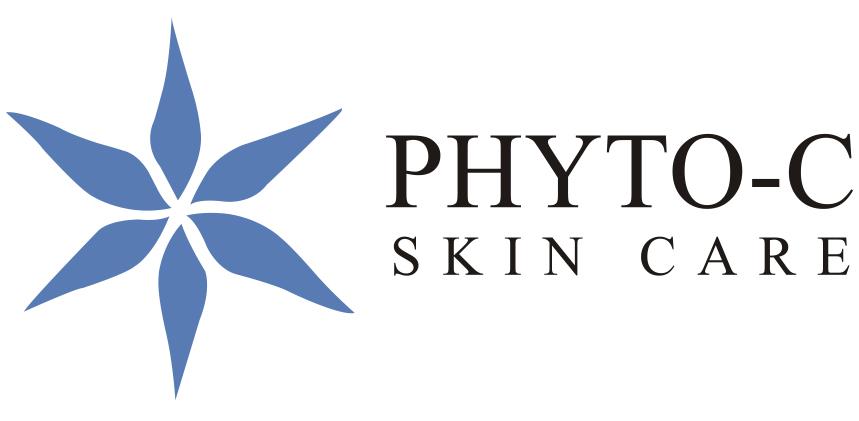Our modern lifestyle constantly exposes our skin to invisible enemies — from UV rays and smoke to dust and car exhaust. These environmental aggressors silently break down our skin’s barrier, accelerate ageing, and make it look dull. The good news? Vitamin C can help protect, repair, and revive your skin, acting as your natural shield against pollution damage. These particles may be too small to notice, but their impact on your skin is significant. They trigger oxidative stress, cause inflammation, and weaken your skin’s defence system. Over time, this leads to clogged pores, uneven texture, fine lines, and dark spots. That’s where vitamin C serum for face becomes a skincare essential — it restores the glow your environment tries to take away. Let’s understand how Vitamin C impacts the damage from the environment.
How Environmental Stress Impacts Your Skin?
Here are some ways that exposure to pollutants can result in dull and unhealthy skin:
|
Environmental Factor |
Skin Effect |
Result |
|
Air Pollution |
Fine dust and pollutants such as nitrogen dioxide and particulate matter penetrate deep into the skin, triggering oxidative stress and inflammation. This weakens your skin’s natural barrier and accelerates collagen breakdown. |
Skin appears dull, tired, and loses its elasticity over time, resulting in sagging and uneven texture. |
|
UV Rays |
Constant sun exposure generates harmful free radicals that attack collagen and elastin fibres. Without protection, UV rays can also lead to DNA damage and premature ageing. |
You may notice fine lines, wrinkles, pigmentation, and uneven tone — the early signs of photoaging. |
|
Blue Light (Screens) |
Prolonged exposure to blue light from smartphones, laptops, and LED screens increases oxidative stress and disrupts skin cell repair cycles. |
The skin becomes dull, fatigued, and more prone to dark spots and loss of firmness, even indoors. |
|
Smoke and Dust |
Cigarette smoke and airborne dust clog pores, trap toxins, and strip the skin of essential moisture and nutrients. Over time, this buildup triggers breakouts and irritation. |
The result is congested, rough-textured skin that looks lifeless and feels inflamed. |
|
Climate Changes |
Rapid shifts in humidity and temperature disrupt your skin’s lipid balance, leading to dehydration and sensitivity. Cold, dry air can also trigger flakiness and redness. |
Your skin feels tight, dry, and itchy, making it more susceptible to irritation and environmental aggressors. |
Environmental stress is a daily battle — and Vitamin C serves as your skin’s strongest armour.
The Antioxidant Shield: How Vitamin C Protects Your Skin?
Vitamin C is one of the most powerful antioxidants in skincare. It protects against damage caused by pollution and UV exposure, boosts collagen, and helps the skin maintain a bright, even tone. Incorporating vitamin C skin care into your daily routine not only defends your skin from external stressors but also promotes long-term health and radiance.
This is why dermatologists and skincare experts consider Vitamin C a must-have for anyone exposed to urban pollution or sun.
The Science Behind The Damage
When pollutants and UV rays hit your skin, they create unstable molecules known as free radicals. These molecules damage skin cells, breaking down collagen and causing premature ageing. Vitamin C acts as a neutraliser by donating electrons to stabilise these radicals — protecting your skin’s structure and restoring balance. This process also supports new collagen formation, helping you maintain smoother, firmer skin over time.
Why Add a Vitamin C Serum in Your Morning Routine?
Regular creams and moisturisers can’t deliver the deep antioxidant protection your skin needs. For that, you need a concentrated formula that can penetrate beneath the surface layers. Serums deliver a stable and potent dose of Vitamin C that works actively to fight daily pollution and oxidative stress.
A vitamin C facial serum brightens your complexion, evens out dark spots, and strengthens your skin barrier. With consistent use, it restores your natural glow and helps your skin recover from the effects of urban living.
How to Use Vitamin C Serum Effectively?
Start your morning routine with a gentle cleanser, followed by toner, and then apply a few drops of serum to your face and neck. Finish with moisturiser and sunscreen. Vitamin C enhances your SPF’s performance, offering double protection against UV rays and pollution.
Consistency is key — applying your serum daily ensures your skin stays bright, firm, and resilient. It’s your everyday defence against oxidative stress.
Which Vitamin C Is Best For Every Skin Type?
Not every Vitamin C product suits all skin types. Your ideal choice depends on your skin’s needs and sensitivity levels. Here’s a quick guide to help you find the perfect match:
|
Skin Type |
Recommended Formula |
Key Benefit |
|
Oily Skin |
Lightweight, water-based serum |
Controls shine and minimises pores |
|
Dry Skin |
Serum with hyaluronic acid |
Deep hydration and nourishment |
|
Sensitive Skin |
Starting with 10% Vitamin C Serum |
Gentle brightening without irritation |
The most effective vitamin C serum combines potency and stability. Look for dark glass packaging to prevent oxidation and ensure long-lasting effectiveness.
For Every Skin Type: Vitamin C That Works
If you struggle with oiliness, the right vitamin C serum is lightweight and non-greasy, keeping your pores clear. Those with dry or flaky skin can benefit from hydrating serums infused with Vitamin E or hyaluronic acid for added moisture. On the other hand, if your skin tends to react easily, go with one that is formulated for sensitive skin, which provides antioxidant benefits without irritation.
Regardless of your skin type, what matters most is consistency. Daily use allows Vitamin C to strengthen your skin barrier, making it more resistant to pollution and other stressors.
Shield Your Skin Every Day
Environmental damage may be unavoidable, but its effects don’t have to show on your face. Vitamin C is your skin’s natural armour — it protects, repairs, and restores balance against pollution, sunlight, and daily stress. Adding this antioxidant to your skincare regimen will help ensure long-term health and a visible glow. Phyto-C Skincare is one of the most trustworthy companies for Vitamin C products, and their formulations are backed by science for optimal absorption. You can explore their skincare line for versatile skin issues and protection from environmental damage.
Your skin faces environmental stress every day — give it the defense it deserves.
Frequently Asked Questions
1. How does Vitamin C protect the skin from pollution and UV rays?
Vitamin C functions as an antioxidant that neutralizes the damage caused by pollution, smoke, and sunlight. These free radicals destroy skin cells and lead to premature aging. By stabilizing them, Vitamin C inhibits breakdown of collagen, inflammation, and loss of firmness in the skin. It also assists in fortifying your skin barrier so that it can better resist environmental exposure day after day while maintaining the complexion bright and even.
2. Can Vitamin C help repair already damaged skin?
Yes, regular use of Vitamin C will repair sun-damaged and pollution-damaged skin. It encourages collagen production that restores elasticity and erases dark spots by inhibiting excessive melanin production. In the long term, it reduces fine lines and uneven tone, bringing out smoother, brighter skin. Though effects differ, everyday use of a good vitamin C serum for dry skin can visibly enhance the skin's texture and firmness.
3. Is Vitamin C suitable for sensitive skin types?
Vitamin C may be helpful for sensitive skin when introduced slowly and in small concentrations, usually at 5–10%. It's essential to select a product specially formulated for sensitive skin, like a vitamin C serum for sensitive skin, that employs buffered or encapsulated Vitamin C to minimise irritation. Always patch test prior to complete use, and follow with sunscreen to prevent sensitivity from environmental exposure. With caution, even sensitive skin can use it safely for its brightening and protective properties.
4. How do I choose the best Vitamin C serum for my skin type?
Selecting the appropriate serum with Vitamin C is based on your skin's individual requirements. For oily skin, an oil-free, non-greasy serum is ideal to prevent clogged pores. Dry skin can use a formula that has supplemental moisturising, such as hyaluronic acid. Sensitive skin should begin with a low dose of Vitamin C or a buffered formulation to avoid irritation. Make sure you look for stable packaging (dark or opaque bottles) to preserve the serum from oxidation and get the best antioxidant benefits every day.
5. Can Vitamin C be combined with other skincare ingredients?
Yes, Vitamin C pairs well with several other skincare ingredients to boost its effectiveness. Combining it with Vitamin E and ferulic acid enhances its antioxidant protection, while hyaluronic acid can improve hydration and skin smoothness. However, it’s best to avoid using it with high concentrations of retinol or acids at the same time to prevent irritation. Layering Vitamin C properly in your routine ensures maximum environmental protection and skin repair benefits without sensitivity issues.
6. Can Vitamin C help with uneven skin tone caused by pollution?
Indeed, Vitamin C is very effective in rectifying uneven skin tone due to pollution and environmental pressures. Vitamin C inhibits the overproduction of melanin, thus eradicating dark spots, hyperpigmentation, and patches of dullness. Its antioxidants also correct damage to the cells and enhance cell regeneration, resulting in smoother, even, brighter-looking skin in the long run. Applying a vitamin C facial serum every day as part of your morning skincare routine, in combination with sunscreen, maximises protection and works to restore the skin to something more healthy, radiant over time.


 My Account
My Account Our Story
Our Story Shipping Information
Shipping Information Returns
Returns FAQ
FAQ VIP Rewards
VIP Rewards Contact Us
Contact Us

 Next Post
Next Post